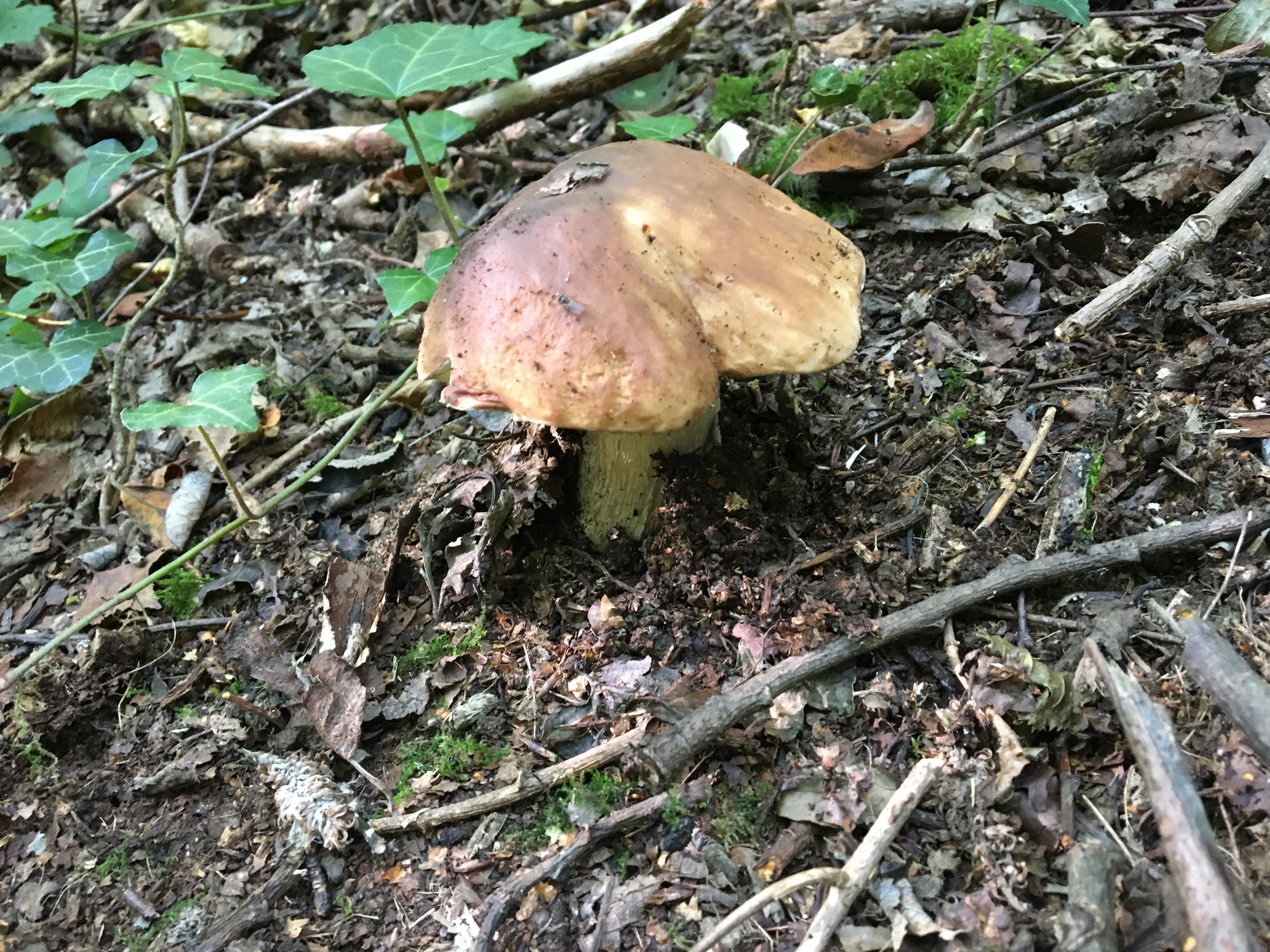We are Seasonal.
Energy
In my time living here in South Mexico, I have been going deeper and deeper within, connecting with the ocean and the land on a daily basis helps me to have a deeper understanding of my self.
There is a special energy here that enables real connection, true meaning of what I believe life is about… to become closer to our source, our true nature that we are.
Every year there are changes that occur in the environment which we call seasons, winter moves into spring then autumn comes along finally the cycle finishes with summer, this change of seasons produces many variances in the physical body, our behaviour, the weather, the clothes we wear, our perception and mood, many other tangible shifts.
As without - as within, what happens on the outside of us is happening on the inside, have you ever heard this? These changes that are occurring with our environment are also changing our inner body and our feelings, emotions & thoughts.
We live in a time when information is being shoved down our throats and especially in the regards to what diet to be on, but during my years of experimenting with what my body requires, I have tried all the diets, plant base, vegan, keto, Carnivore, I have come to realise that my body needs certain foods at different times of the year, it requires adaptation, to change, to be flexible and to be open minded. This I believe to be the best diet for us all, to know thy self and get to know what your body is asking for.
This requires us to be more introvert, be more present with ourselves, listen to what our body is telling us not what another person is getting paid to tell us.
Wild porcini mushroom
See below how further more how the seasons effect our energy in this body;
Allergies: For individuals prone to seasonal allergies, symptoms such as congestion, sneezing, and fatigue can impact energy levels. Allergy symptoms may be more prevalent during certain times of the year when specific allergens, such as pollen, are abundant.
Light Exposure: Daylight affects our circadian rhythm, the natural internal clock that regulates sleep-wake cycles. Changes in daylight duration between seasons can disrupt this rhythm, potentially leading to changes in energy levels. For example, shorter daylight hours in winter can contribute to feelings of fatigue and lethargy, while longer daylight hours in summer may increase alertness and energy.
Temperature: Extreme temperatures, whether hot or cold, can affect our energy levels. In colder weather, our bodies may expend more energy to maintain warmth, leading to increased fatigue. Conversely, excessive heat can also drain energy, as the body works to regulate its temperature through mechanisms like sweating.
Sunset in South Mexico
Breaking it down further…
Behavior and Activities: Our activities often vary with the seasons. For example, in winter, we might engage in more indoor activities like watching movies or reading, while in summer, we may spend more time outdoors, swimming or hiking.
Mood and Emotions: Seasonal Affective Disorder (SAD) is a condition where people experience depressive symptoms during particular seasons, typically fall and winter. This suggests that our moods can be influenced by changes in light and temperature.
Physiological Changes: Our bodies can also respond to seasonal changes. For instance, exposure to sunlight affects our vitamin D levels, and our immune systems can be influenced by changes in temperature.
Sleep Patterns: Seasonal changes in daylight can affect our sleep-wake cycles. For example, some people may find it easier to wake up in the summer when there's more daylight, while others may struggle with sleep disruptions during the longer days.
Diet
Buffalo’s
in there natural enviroment.
Our diets often change with the seasons, as different foods become available. In colder months, we may crave warmer, heartier meals, while in summer, we might prefer lighter, cooler foods like salads and fruits.
The changing seasons can significantly influence our diet and eating habits. Here's how:
Availability of Fresh Produce: Different fruits and vegetables have specific growing seasons. In the spring and summer, a wider variety of fresh produce becomes available, including berries, tomatoes, cucumbers, and leafy greens. This abundance often encourages people to incorporate more fruits and vegetables into their diets.
Preference for Seasonal Foods: Seasonal foods are often fresher, tastier, and more affordable when they're in season. As a result, people may naturally gravitate towards these foods during their peak seasons, incorporating them into their meals more frequently.
Cultural and Traditional Practices: Many cultures have traditional dishes that are closely tied to specific seasons or festivals. For example, certain foods may be associated with holidays or celebrations that occur during particular times of the year, influencing people's diet choices.
Temperature and Appetite: In colder months, people may crave warmer, heartier foods like soups, stews, and roasts, which can provide comfort and warmth. Conversely, during warmer months, lighter, cooler foods like salads, smoothies, and grilled dishes may be more appealing.
Nutrient Needs: Our bodies may have different nutrient requirements depending on the season. For example, in winter, when sunlight exposure is limited, people may need to focus more on sources of vitamin D, while in summer, hydration becomes more important due to higher temperatures.
Food Preservation Techniques: Historically, people have relied on various methods of food preservation, such as canning, pickling, and drying, to store foods for consumption during seasons when fresh produce is scarce. While these techniques are less common today, they still influence certain dietary habits and food choices.
Overall, the seasons play a significant role in shaping our dietary patterns, influencing what foods we eat, how we prepare them, and even how much we consume.
Mangoes




